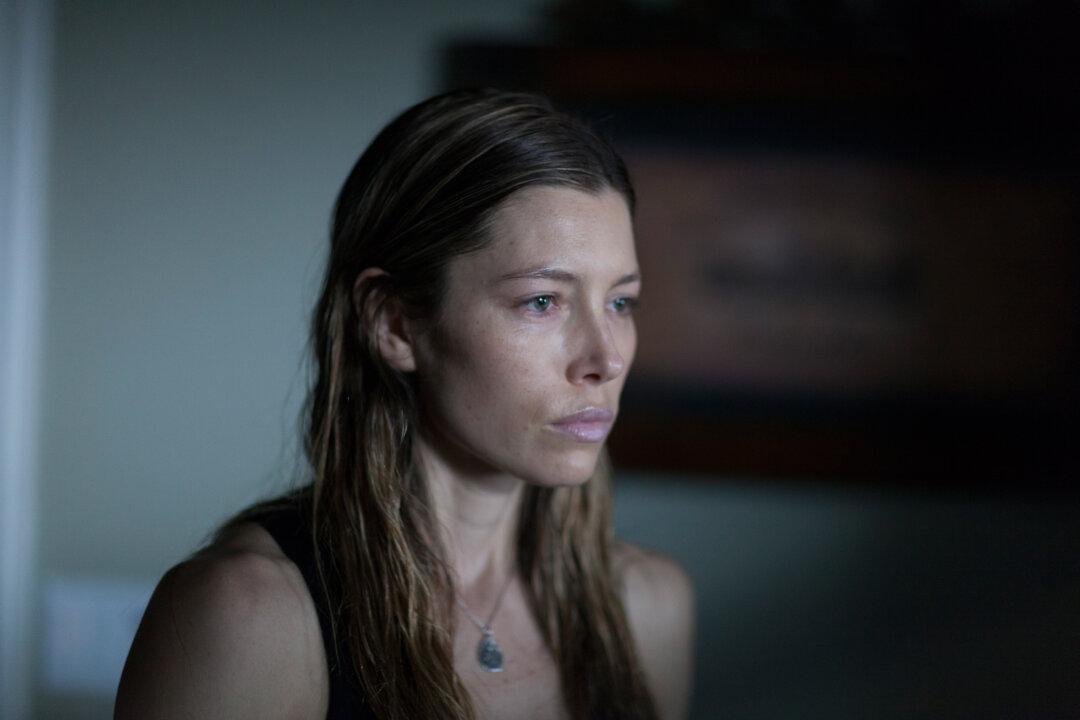Imagine having a powerful yoga practice, a yoga studio, yoga boyfriend, and a cool vintage car? And yet, despite all that inner peace, you, an adoptee, finally discover your biological sister … and she turns out to be a hooker.
And what if the nerve-wracking attempt to save her from her abusive boyfriend-pimp burns all your peace to the ground?
That’s “Bleeding Heart,” the second film by Los Angeles-based indie director Diane Bell, now premiering at the Tribeca Film Festival in New York.
Sans makeup, A-list star Jessica Biel plays May, a yoga instructor, moving through this indie like a gazelle in its natural habitat: immensely watchable.
However, it’s Zosia Mamet (pronounced “Zasha”), the ultra-ditzy ensemble member in HBO’s “Girls,” and daughter of renowned American playwright David Mamet, who steals the show as gritty, street-smart, little-sister-prostitute Shiva. Bell says Mamet’s audition tape “blew her away.”





